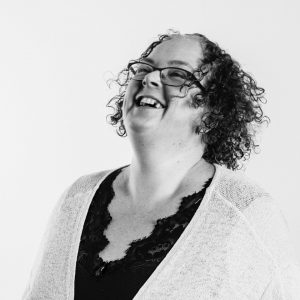How The New York Times is Building Thoughtful Comment Sections in the Trump Era
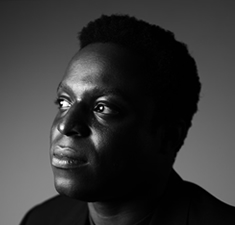
Over the past few months, Patrick has spoken to several leaders in the world of journalism and for this episode, we’re welcoming back Bassey Etim, community editor at the New York Times. Bassey was originally on Community Signal in December of 2015 and it’s overwhelming to think about how public perception of the media and the Times, in particular, has changed since then. To give you some context, Barack Obama was still in office at the time of that interview and Donald Trump had yet to win a primary.
Patrick brings up an important question during this conversation: How are moderators at the New York Times doing? And perhaps that question can largely be answered by how Bassey manages his 14-person team. He shares how the team blows off steam, what he does to advance people within his team, and how he views AI as a human-powered tool to moderation, not a human-replacing one. Is it Bassey’s emphasis on people and objectivist journalism that powers a positive environment amongst his team and the comment sections at the Times? I think so! Bassey also shares:
- The impact of the midterm elections and politics in general on moderators at the Times
- His own career path at the Times and how he elevates others for growth opportunities
- Getting AI machines to ask humans for help
Continue reading “How The New York Times is Building Thoughtful Comment Sections in the Trump Era”
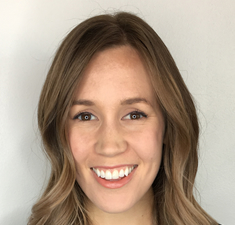
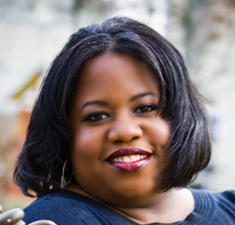
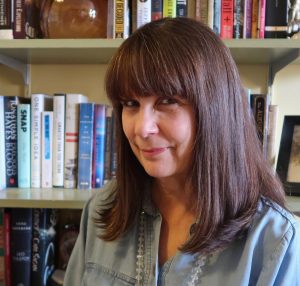 What if the intro song to Cheers wasn’t about a bar, but instead about an online community where everyone knows your name? That’s what
What if the intro song to Cheers wasn’t about a bar, but instead about an online community where everyone knows your name? That’s what 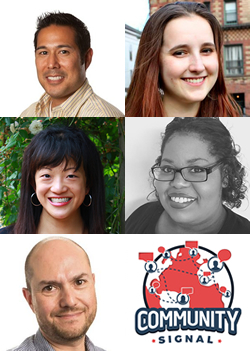 Consider this episode of Community Signal your community career advisor on speed dial. If you’re looking for a new job, growing your team, or thinking about your career advancement options, Patrick,
Consider this episode of Community Signal your community career advisor on speed dial. If you’re looking for a new job, growing your team, or thinking about your career advancement options, Patrick, 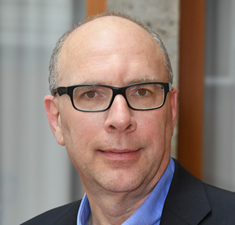 There’s so much to unpack in this extremely timely chat with
There’s so much to unpack in this extremely timely chat with  As community professionals, it’s our duty to create inclusive spaces for our community members. This means setting the stage for them and making sure that they have everything they need to be successful within the community, and in some cases, protecting them from hate-driven vitriol.
As community professionals, it’s our duty to create inclusive spaces for our community members. This means setting the stage for them and making sure that they have everything they need to be successful within the community, and in some cases, protecting them from hate-driven vitriol.

